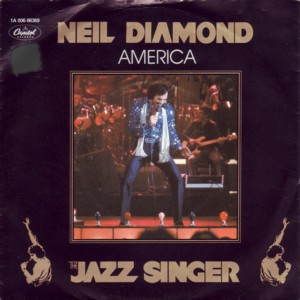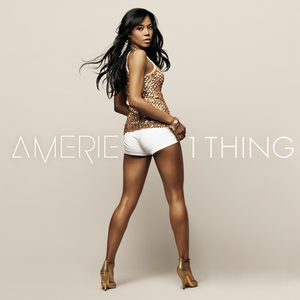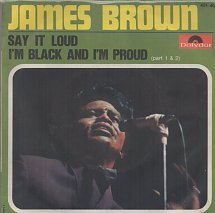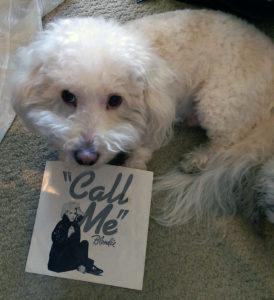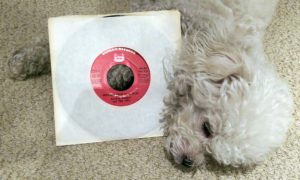About Bill Cosby, rapper A$AP Rocky recently said, “He did so much positive things leading up to one thing, which he was convicted of being innocent for, by the way.” First off, it’s so many positive things, not so much. Secondly, it’s for which he was convicted of being innocent. Thirdly, one gets convicted of being innocent? No wonder our nation’s jails are overcrowded. Go on, $AP. “All you remember is the 56 woman and all that kind of shit.” Yes, all that kind of serial rapist shit. Nobody remembers he introduced the world to Fat Albert and Raven Symone. Just rape rape rape and more rape. Oh, sorry. I interrupted this genius again. Back to you A$$. “I’m not his lawyer, but I do know he’s innocent.” And even if he is guilty, “All we know is that he was accused, he allegedly raped however many woman he raped, which, you got, it’s so much issues in the world, you know I’m saying?” I know what you’re saying! There are so many issues in the world, so why spend any time on one of the issues in the world, that being the issue of crime?
I expected better from the guy who rapped “I be fuckin’ broads like I be fuckin’ bored / Turn a dyke bitch out have her fuckin’ boys, beast” and “I swear that bitch Rita Ora got a big mouth/ Next time I see her might curse the bitch out/ Kicked the bitch out once cause she bitched out/ Spit my kids out, jizzed up all in her mouth and made the bitch bounce.” It turns out he’s not as intelligent, articulate and thoughtful as those lyrics make him out to be.
The only time I ever bought the “clean” version over the “explicit” version of a song is when I got A$AP Rocky’s “F**kin’ Problems,” from which the dyke bitch lyric is taken. The beat is great, but the lyrics are so over-the-top misogynist, and that’s saying a lot for a genre in which far too many lyrics are extremely misogynist.
Rocky is a talented guy, albeit one with a vile attitude toward women. Usually I can separate the person from the art. I love the movie Chinatown, even though its director, Roman Polanski, pled guilty to statutory rape. I love the Ronettes’ “Be My Baby” and the Righteous Brothers’ “You’ve Lost That Lovin’ Feeling,” even though the producer of those records, Phil Spector, is presently serving time for second degree murder. I love Robin Thicke’s “Blurred Lines,” even though he’s Robin Thicke. I don’t know what I’ll do if Chris Brown ever releases a halfway decent song. Good things the odds of that ever happening are mighty slim.
I’m not defending these artists. Being a monster and being talented are not mutually exclusive. Sometimes I can listen to or watch the art and not think about the crimes allegedly committed. Is that wrong? If it is, that’s my f**kin’ problem.
CeeLo Green gave us the great “Fuck You” in 2010. In 2012, Green was accused by a woman of drugging and sexually assaulting her. CeeLo’s attorney said the sex was consensual, with the singer tweeting “If someone is passed out they’re not even WITH you consciously, so WITH Implies consent. People who have really been raped REMEMBER!!!” Fuck you.
I still listen to Green’s “Fuck You,” but I don’t set out to listen to his newer music. In part it’s because of his attitude. Even if he didn’t drug and or rape this woman, I read his tweets about rape and think “Does that make him crazy? Probably.” To be honest, I also don’t listen to his newer music because it sucks. Everything the man has done since “Fuck You” is pretty bad. Did you hear his song “Robin Williams” from last year? It’s shit. I’m not saying I’m glad he died, but the actor is lucky he never had to hear it.
So I’ll listen to “Fuck You” and I’ll listen to “Crazy,” the worldwide smash he had as one-half of Gnarls Barkley. The other half of the duo, Brian Burton, professionally known as Danger Mouse,” celebrates his 39th birthday today. Tunes du Jour kicks off its weekly dance party with Gnarls Barkley’s “Crazy.” Will I be celebrating when CeeLo’s birthday comes around? Maybe by singing “Fuck You.”
Click here to like Tunes du Jour on Facebook!
Follow me on Twitter: @TunesDuJour
Follow me on Instagram: @GlennSchwartz
